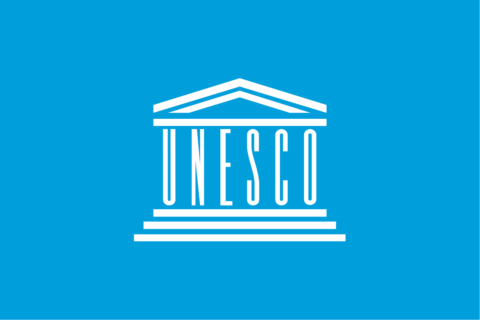The Federal Government has announced that starting from 2026, tertiary institutions with student enrollments below 1,000 will no longer be eligible for funding from the Tertiary Education Trust Fund (TETFund).
The policy aims to enhance the effective use of public resources by restructuring the funding framework and ensuring allocations align with student population sizes.
Minister of State for Education, Prof. Suwaiba Ahmad, disclosed this during the 2025 Policy Meeting held in Abuja. She questioned the equity of allocating the same level of support to institutions with significantly different student numbers.
Prof. Ahmad encouraged TETFund-supported institutions to surpass the government’s minimum enrollment threshold to maintain their access to the intervention funds.
As part of the new directive, federal institutions are now required to publish critical institutional data, including student population figures, on their official websites. However, it remains unclear how the policy will apply to institutions operated by state governments.
Initially, the minimum enrollment benchmark was set at 2,000 students per institution. Following appeals from institutional leaders, the threshold was revised downward by 50 percent, settling at 1,000.
The policy has sparked concern among institutions with low enrollment figures, many of which heavily depend on TETFund for infrastructure and academic development.
An investigation revealed that some institutions fall well below the new threshold. For instance, Federal Polytechnic, Ohodo in Enugu State—established in 2021 under former President Muhammadu Buhari—reportedly has only 65 undergraduate students.
Critics warn that cutting off such institutions from TETFund could destabilize their financial and academic operations. TETFund currently provides more than 80 percent of capital and academic project funding for most of its beneficiaries.
To date, TETFund has delivered 5,525 infrastructure projects across over 260 institutions, sponsored 23,271 staff for Ph.D. training, 15,977 for Master’s programmes, and awarded grants for 19,297 Institutional-Based Research (IBR) initiatives.
Speaking with The Guardian during the meeting, Dr. Isaac Ode, Deputy Rector of the Nigerian Army College of Environmental Sciences in Makurdi, Benue State, noted that polytechnics are under pressure to increase enrollment figures to remain eligible for TETFund support.
He explained that this pressure was behind the decision to retain a minimum cut-off score of 100 for polytechnic admissions.
“We lowered the cut-off for polytechnics because we need students. It’s a real issue. We’re competing for students everywhere. With the government’s new directive about enrollment thresholds, we must admit more students to keep TETFund support,” Dr. Ode said.
While acknowledging concerns, he also highlighted a potential upside to the policy. According to him, the new requirement could push underperforming institutions out of complacency and encourage more proactive efforts to improve enrollment and institutional viability.





